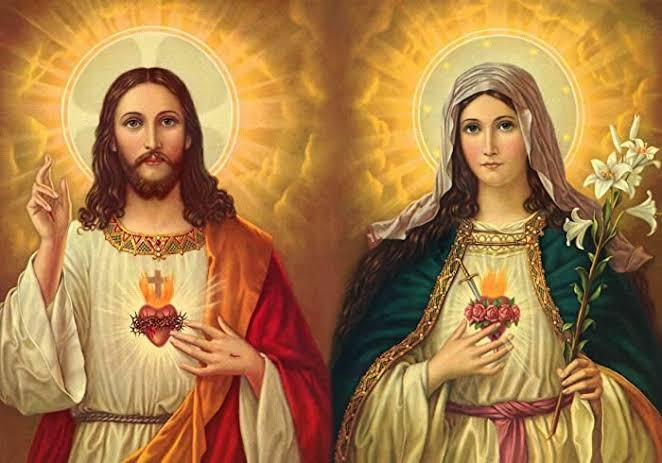Meditation
for Wednesday of the 22nd Week in Ordinary Time
(1 Cor
3:1-9; Lk 4:38-44)
In our meditation today, we trace Jesus’ missionary journey
as He entered Simon’s mother-in-law’s house. He cured her of fever, and attended
to the crowd that brought so many sick people to Him. Imagine Jesus attending
to people all through the night till early morning. “So, when it was dawn, He
departed and went to a lonely place.”
Silence speaks! And we can even hear its sound more clearly
as Jesus steps up to the place of solitude. The ‘lonely place’ is opposed to
the ‘noise’ and stress of daily life. So, it becomes a place of ‘rejuvenation’,
where one regains strength and is refreshed. It is a place where one is alone to
himself and to his environment. Thus, the lonely place of
solitude is not a place of loneliness because the man in such a
place is actively engaged by being attentive to himself, his environment and
above all, to God. But within the cloud of silence that overshadows the place,
the man of solitude surrenders to the divine presence. Being overly aware of
and attentive to the divine presence becomes the distinguishing factor that makes the place solitude have such a great impact on the person.
Most importantly, for one to step into the place of
solitude in imitation of Jesus and out of love for Him, raises the meaning of
the ‘lonely place’ from a point of location to a moment of encounter with the
divine presence. That means we can enter this moment of solitude being conscious
of the divine presence and attentive to it. And such moments of silence can be
set aside from our busy schedules, even without changing location!
Such moments of silence—the lonely place of solitude—are awesome!
One can gradually develop it into a routine, and later form it as a habit. This
regular practice will definitely help one to grow spiritually and to conquer
vices. But one who desires to enjoy the lonely place of solitude must make sure
he is not ruled by the desires of the flesh. St Paul says in the first reading
that we should not be immature by living in the flesh, full of
jealousy and pride. Instead, we should be matured spiritual men, knowing that
it is God who gives growth, and we surrender to Him. And this is easily
achieved when we walk in the footsteps of Jesus into the lonely place of divine
encounter. Amen.
Fr Jude Chinwenwa Nwachukwu, C.Ss.R
Saints Peter & Paul Catholic Church,
Tedi-Muwo, Lagos.
Wednesday August 31st, 2022.





